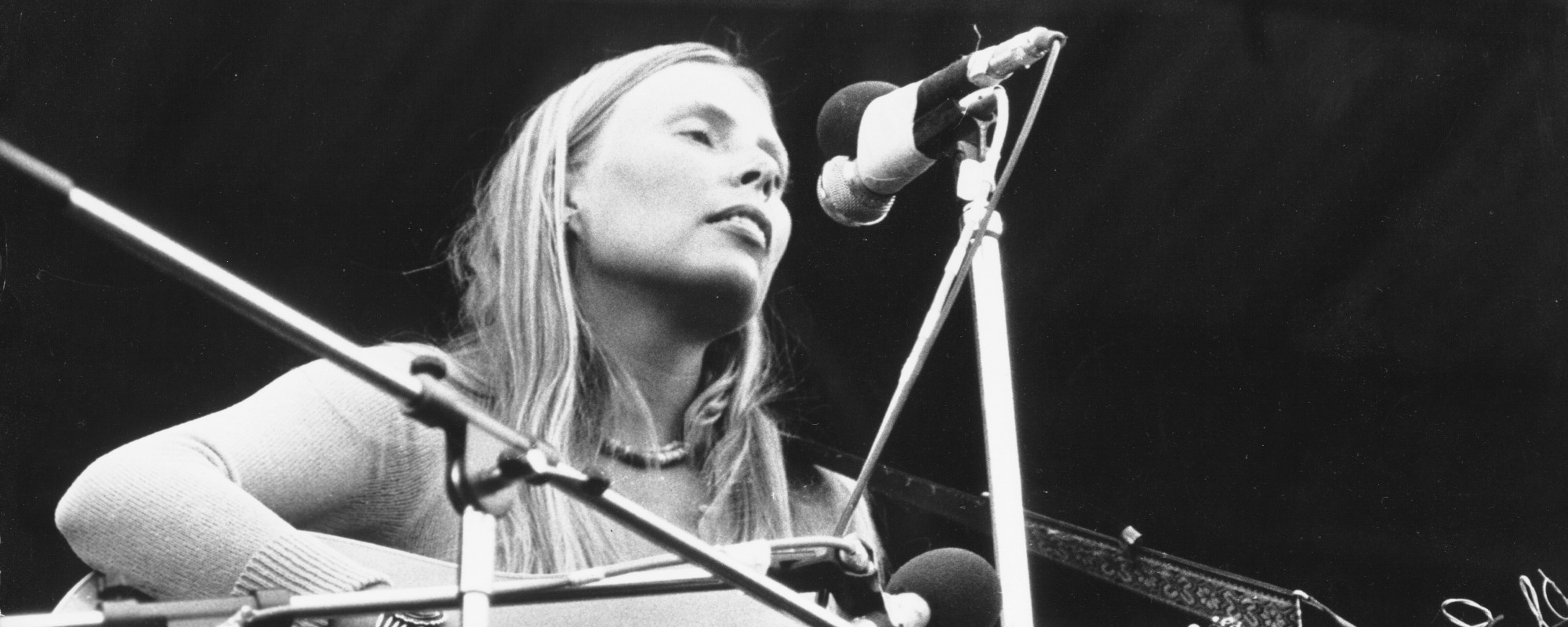Years before co-founding Crosby, Stills & Nash, Graham Nash formed The Hollies in the early 1960s. Early on, Nash encouraged the group, rounded out by Allan Clarke and Tom Hicks to write their own songs after their debut of mostly covers.
Videos by American Songwriter
Using the pseudonym L. Ransford, Nash, Clarke, and Hicks began penning their own songs, as well as getting credit for writing for other artists. By the mid-’60s, the trio founded the publishing company, Gralto Music Ltd, which also signed a young Elton John, who ended up playing on later Hollies albums.
Throughout the mid-to-late 1960s, the trio were also credited with writing songs for other artists and even wrote nearly an entire album for The Everly Brothers in 1966. Nash released one more album with The Hollies, Butterfly, in 1967 before leaving the group a year later to work with Stephen Stills and David Crosby. His collection of Crosby, Stills, Nash & Young hits spans “Teach Your Children Well,” “Our House,” “Just a Song Before I Go,” and “Wasted on the Way,” among others.
[RELATED: Graham Nash to Release First New Album in Seven Years, Shares “Right Now”]
Throughout a nearly 60-decade career, Nash has also collaborated with David Gilmour (On an Island), a-ha (Analogue), and even reunited with The Hollies in 1983 for another album What Goes Around… Along with his seven solo albums from Songs for Beginners in 1971 through Now in 2023, Nash also released several albums as Crosby & Nash.
Outside of his core catalog with Crosby, Stills, Nash & Young, here’s a look at three songs Nash wrote for other artists during the mid-’60s through early 1970s.
1. “Signs That Will Never Change,” The Everly Brothers (1966)
Written by Graham Nash, Allan Clarke, and Tony Hicks
The Hollies were the backing band on The Everly Brothers’ 1966 album Two Yanks in England. The group also penned eight of the twelve tracks on the album, including “Signs That Will Never Change.” The Hollies later recorded the song and released it a year later as a B-side to their hit single “Carrie Anne.”
Leaves come falling on a winter’s day
Robins weep and watch them sail away
Floating on the water now, is autumn’s last farewell
These are signs that will never change
Signs that will never change
Rivers once were frozen now they’re free
Showing winter’s going rapidly
Tadpoles turning into frogs is winter’s last farewell
These are signs that will never change
Signs that will never change
2. “Annabella,” John Walker (1967)
Written by Graham Nash and John Walker
When The Walker Brothers broke up in the late ’60s, frontman John Walker embarked on a solo career. In 1967, he released his debut album If You Go Away, and the hit single “Annabella,” which he co-wrote with Nash. The story of a man desperate to keep his woman from being swayed by another man, “Annabella” reached No. 24 on the U.K. Singles Chart.
Walker continued releasing music through his final album Golden Dreams, released a year after his death in 2011.
Oh, Annabell
He’s running after you again
Through the rain
Oh, Annabella
He’d like to come and walk with you
He’d like to come and talk to you
He’d love to take my place, your side
Wouldn’t it be nice for him
If he should win
3. “Music is Love,” David Crosby (1971)
Written by Graham Nash, David Crosby, and Neil Young
Following the release of Crosby, Stills, Nash & Young’s chart-topping Déjà Vu in 1970, each member also released prominent solo albums. David Crosby‘s debut solo album If I Could Only Remember My Name, opened with a simple ode to the universal force of music, “Music is Love,” which he co-wrote with Nash and Neil Young.
If I Could Only Remember My Name, which featured guests Joni Mitchell and Jerry Garcia, along with Young and Nash, went to No. 12 on the Billboard 200.
[RELATED: How George Harrison Inspired David Crosby’s 1971 Song “Laughing”]
On the album, Nash also plays guitar and sings backing vocals on tracks “Music Is Love,” “What Are Their Names,” “Traction in the Rain,” “Song with No Words,” “Tamalpais High,” and “Laughing.”
Everybody’s saying music is love
Everybody’s saying it’s you know it is, mmm
Everyone yes everyone
Everyone’s saying music is love
Everybody’s saying that music is love (music is love)
Everybody’s saying it’s love (everybody’s saying it’s, yeah)
Everybody’s saying that music is love
Put on your colors and run come see
Everybody says that music’s for free
Take off your clothes and lie in the sun
Everybody says that music’s for fun
Photo: Amy Grantham













Leave a Reply
Only members can comment. Become a member. Already a member? Log in.